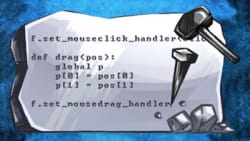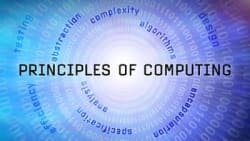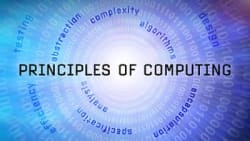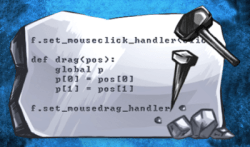Images
This course will cover the topics of a full year, two semester General Chemistry course. We will use a free on-line textbook, Concept Development Studies in Chemistry, available via Rice’s Connexions project. The fundamental concepts in the course will be introduced via the Concept Development Approach developed at Rice University. In this approach, we will develop the concepts you need to know from experimental observations and scientific reasoning rather than simply telling you the concepts and then asking you to simply memorize or apply them. So why use this approach? One reason is that most of us are inductive learners, meaning that we like to make specific observations and then generalize from there. Many of the most significant concepts in Chemistry are counter-intuitive. When we see where those concepts come from, we can more readily accept them, explain them, and apply them. A second reason is that scientific reasoning in general and Chemistry reasoning in particular are inductive processes. This Concept Development approach illustrates those reasoning processes. A third reason is that this is simply more interesting! The structure and reactions of matter are fascinating puzzles to be solved by observation and reasoning. It is more fun intellectually when we can solve those puzzles together, rather than simply have the answers to the riddles revealed at the outset. Recommended Background: The class can be taken by someone with no prior experience in chemistry. However, some prior familiarity with the basics of chemistry is desirable as we will cover some elements only briefly. For example, a prior high school chemistry class would be helpful. Suggested Readings: Readings will be assigned from the on-line textbook “Concept Development Studies in Chemistry”, available via Rice’s Connexions project. In addition, we will suggest readings from any of the standard textbooks in General Chemistry. A particularly good free on-line resource is Dickerson, Gray, and Haight, “Chemical Principles, 3rd Edition”. Links to these two texts will be available in the Introduction module.
Similar resources
Located in an urban environment on a 300-acre tree-lined campus, Rice University seizes its advantageous position to pursue pathbreaking research and create innovative collaboration opportunities that contribute to the betterment of our world.
Boasting a 300-acre tree-lined campus in Houston, Rice University is ranked among the nation’s top 20 universities by U.S. News & World Report. Rice has a 6-to-1 undergraduate student-to-faculty ratio, and a residential college system, which supports students intellectually, emotionally and culturally through social events, intramural sports, student plays, lectures series, courses and student government. Developing close-knit, diverse college communities is a strong campus tradition, which is why Rice is highly ranked for best quality of life and best value among private universities.


An Introduction to Interactive Programming in Python (Part 2)

Principles of Computing (Part 1)

Prepare for Advanced Computer Science Courses

Principles of Computing (Part 2)

Algorithmic Thinking (Part 2)














